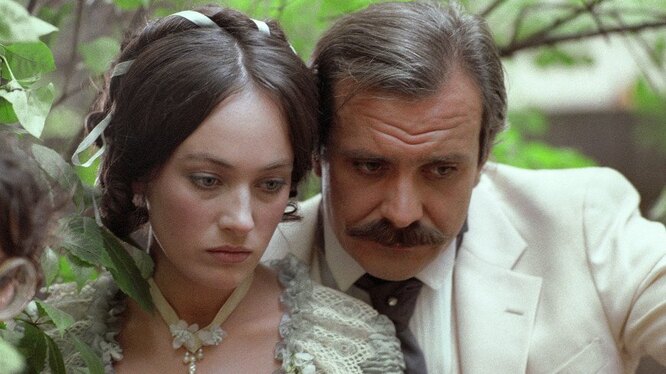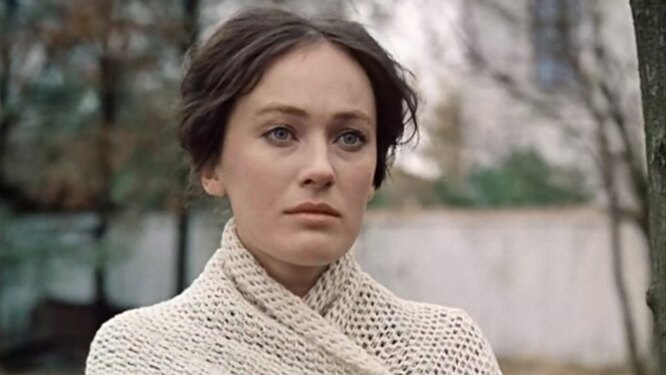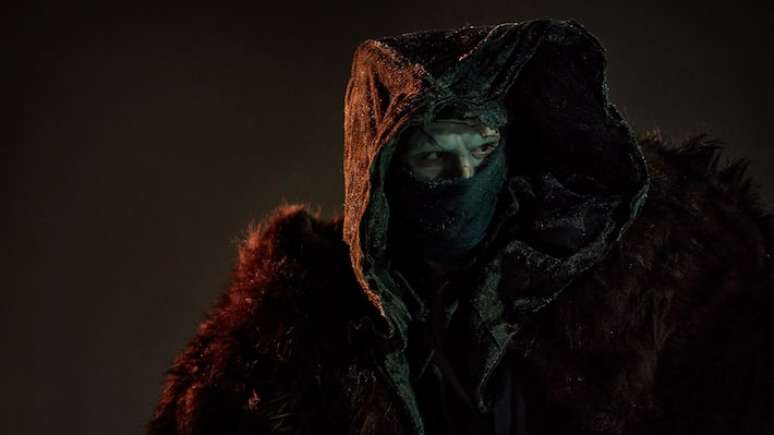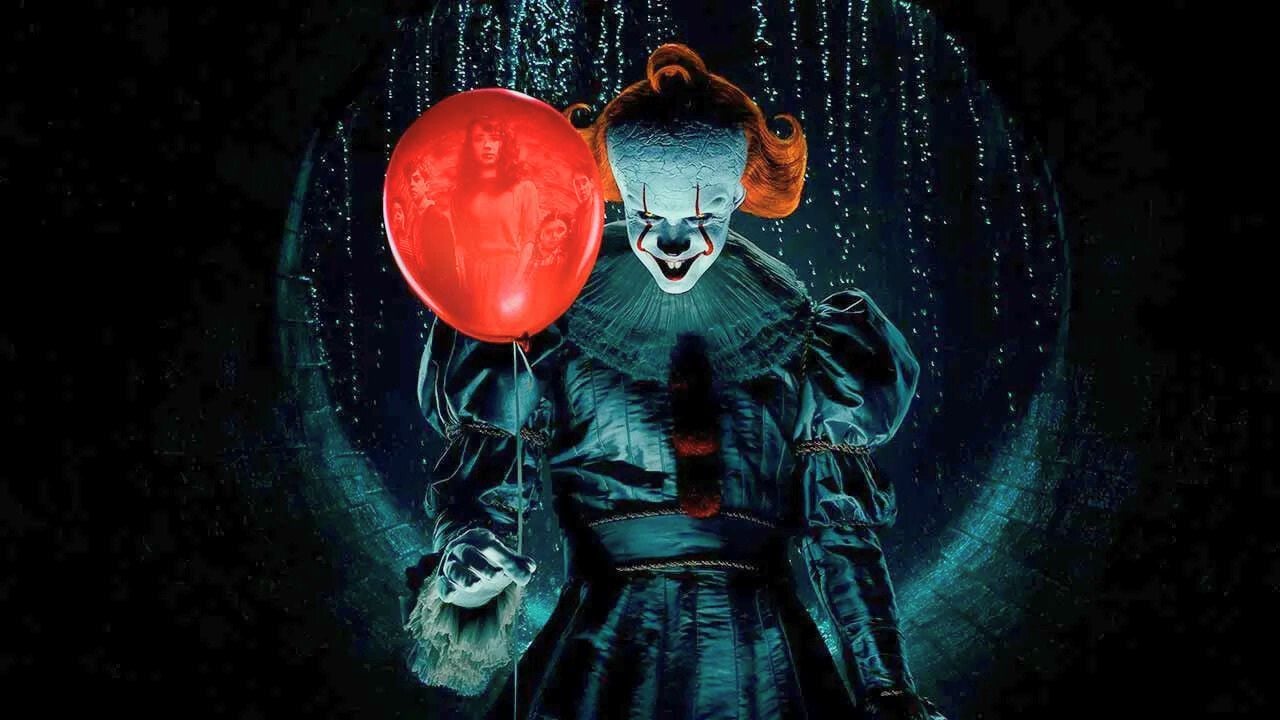Everyone knows that Eldar Ryazanov’s favorite film “Cruel Romance” was based on the play “Dowry” by Alexander Ostrovsky. Why did the director decide to deviate so far from the original source and put the emphasis in a completely different way, since the main conflict – the tragedy of a beauty without a dowry – remained the driving force of the plot? Read our article!







![Un Si Grand Soleil Preview: Episode Summary for Monday, October 27, 2025 [SPOILERS] Un Si Grand Soleil Preview: Episode Summary for Monday, October 27, 2025 [SPOILERS]](https://fr.web.img4.acsta.net/img/16/ec/16ecdc89ab22d2242ca3490a29003c5c.jpg)


-1je9vy4473ho3.jpg)
